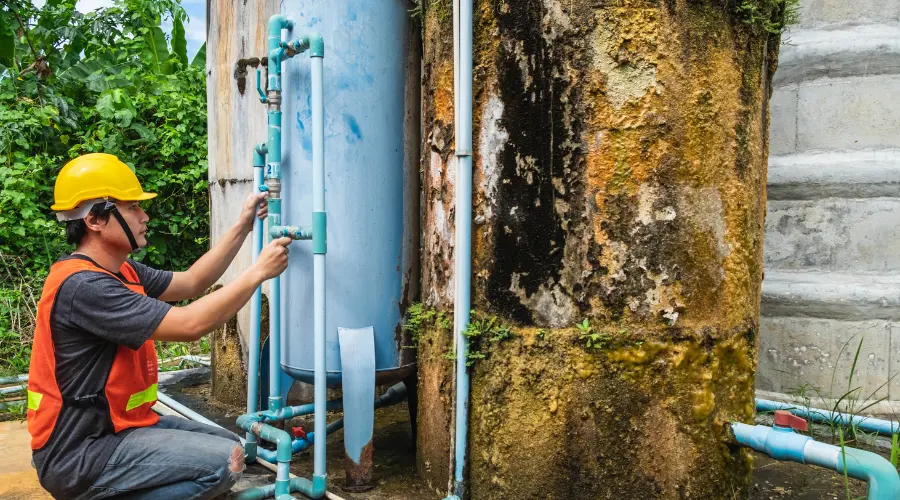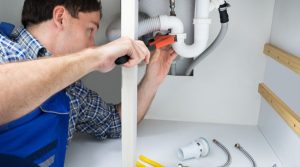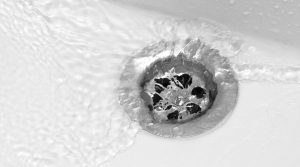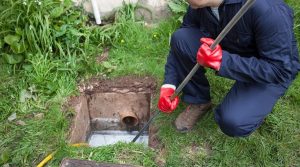Key Takeaways:
- When selecting a water heater, it’s crucial to balance factors such as energy efficiency, initial investment, long-term operating costs, space limitations, and your household’s hot water demands.
- While tankless water heaters excel in energy savings, traditional storage tanks offer a more affordable upfront solution. Eco-conscious homeowners might lean toward heat pump or solar water heaters, which come with higher installation costs but offer significant long-term savings.
What Style of Water Heater is Most Efficient?
When evaluating the energy efficiency of water heaters, the tankless model stands out as the most efficient. Unlike traditional storage tank models, which continuously heat and store water, tankless water heaters only heat water on-demand, eliminating standby heat loss. This efficiency helps reduce energy consumption and utility bills, making it an environmentally friendly choice. Additionally, tankless water heaters offer a continuous supply of hot water, which is ideal for homes with multiple occupants or high hot water demands. However, while tankless systems are the most efficient, they come with higher upfront costs compared to traditional models.
The Pros and Cons of Different Types of Water Heaters
1. Storage Tank Water Heater
Pros:
- Lower Upfront Cost: Traditional storage tank heaters are generally more affordable to purchase and install than other models.
- Simple Installation: These systems are easy to install in most homes with minimal modifications.
- Reliable Hot Water Supply: Storage tanks store a large volume of water, making them an excellent choice for households with high water usage.
Cons:
- Less Energy Efficient: Storage tanks suffer from standby heat loss, as water is continually heated and reheated, resulting in higher energy consumption.
- Larger Footprint: These heaters require significant space for installation, which may be a drawback for homes with limited space.
- Shorter Lifespan: On average, storage tank heaters last about 10–15 years before needing replacement.
2. Tankless Water Heater
Pros:
- High Energy Efficiency: Tankless water heaters heat water only when needed, significantly reducing energy consumption and waste.
- Endless Hot Water: Tankless systems provide an uninterrupted supply of hot water, making them ideal for households with high or fluctuating hot water demands.
- Compact Size: These models are compact and can be installed in smaller spaces or wall-mounted, making them perfect for homes with limited storage space.
Cons:
- Higher Upfront Cost: Tankless water heaters are more expensive to purchase and install than storage tanks.
- Simultaneous Demand Issues: If multiple fixtures are used at once (e.g., showers, washing machines), the system may struggle to meet demand, which may result in fluctuating water temperatures.
- Maintenance Requirements: Tankless systems need regular descaling, especially in areas with hard water, which may add to long-term maintenance costs.
3. Heat Pump Water Heater (Hybrid)
Pros:
- Extremely Energy Efficient: Heat pump water heaters transfer heat from the air, which makes them highly energy-efficient, reducing energy consumption by up to 60%.
- Longer Lifespan: Typically lasting 15–20 years, heat pump water heaters have a longer lifespan than traditional models.
- Lower Operating Costs: While the initial cost is higher, the energy savings over time can be significant.
Cons:
- Higher Upfront Cost: Heat pump systems require a larger initial investment for purchase and installation.
- Climate-Dependent: Heat pumps are less effective in colder climates, as they rely on ambient air to heat the water.
- Space Requirements: These systems require more space to operate and must be installed in a location with adequate airflow.
4. Solar Water Heater
Pros:
- Eco-Friendly: Solar water heaters use renewable solar energy, which significantly reduces both energy bills and environmental impact.
- Ideal for Sunny Climates: These systems are highly efficient in sunny regions, where sunlight can be harnessed year-round.
Cons:
- High Installation Cost: The upfront cost of installing solar panels and storage systems is the highest among all water heater types.
- Weather-Dependent: Solar heaters can be less effective on cloudy or rainy days and often require a backup system.
- Regular Maintenance: Solar panels and associated equipment need periodic cleaning and maintenance to operate efficiently.
5. Condensing Water Heater
Pros:
- Highly Efficient for Gas-Powered Homes: Condensing water heaters recover waste heat from exhaust gases, maximizing efficiency and reducing energy use.
- Lower Long-Term Costs: These models are more efficient than traditional gas-powered heaters, leading to reduced energy bills.
Cons:
- Higher Initial Cost: Condensing water heaters come with a higher initial purchase price compared to traditional gas models.
- Requires More Space: These units are bulkier and may require additional space for installation and venting.
- Limited to Gas-Powered Homes: This model is only suitable for homes with access to natural gas.
How to Choose Between Different Types of Water Heaters
1. Water Usage:
Consider your household’s daily hot water needs. If your household requires a large amount of hot water, a storage tank water heater may be more appropriate. For smaller households or homes with moderate usage, a tankless water heater might suffice.
2. Climate:
In warmer climates, a heat pump or solar water heater can be highly efficient. However, these options may not perform as well in colder regions, where traditional water heaters may be more effective.
3. Space Availability:
Tankless and condensing models are ideal for homes with limited space. If space is not a constraint, larger systems like storage tanks or heat pumps can be a good option.
4. Energy Efficiency Goals:
If reducing energy consumption is a priority, tankless, heat pump, or solar water heaters are excellent choices. While they require higher initial investments, they offer substantial long-term savings on utility bills.
5. Budget:
Storage tanks offer the lowest upfront costs but tend to have higher ongoing energy expenses. If you’re focused on energy savings over the long term, tankless, heat pump, or solar systems might be worth the higher initial investment.
FAQs
1. What is the most energy-efficient water heater? Tankless water heaters are considered the most energy-efficient as they only heat water when needed, eliminating energy loss from constantly reheating stored water.
2. Are solar water heaters worth the investment? Solar water heaters are eco-friendly and can significantly reduce energy bills, but the high installation cost and weather dependency may make them impractical for some households.
3. How long do heat pump water heaters last? Heat pump water heaters generally last 15–20 years, longer than traditional water heaters.
4. Can I install a tankless water heater myself? Tankless water heaters require professional installation due to electrical and plumbing requirements. It’s best to consult with a licensed plumber for installation.
5. Are there any special maintenance needs for tankless water heaters? Yes, tankless water heaters require regular descaling and maintenance, particularly in areas with hard water. Regular inspections help extend their lifespan and maintain efficiency.
Final Thoughts
Selecting the right water heater for your home involves evaluating your household’s needs, energy efficiency goals, available space, and budget. By considering factors like water usage, climate, and long-term savings, you can choose a model that not only meets your immediate needs but also provides ongoing comfort and energy savings for years to come.
Plumbing Services
Whether you need a faucet replacement, plumbing repairs, or sewer and drain cleaning, BJC Plumbers is here to help. Serving Jersey City and the surrounding areas, we offer 24/7 service at competitive rates. With our expertise and advanced resources, we provide reliable solutions to resolve your plumbing issues efficiently.







